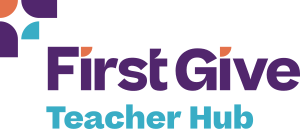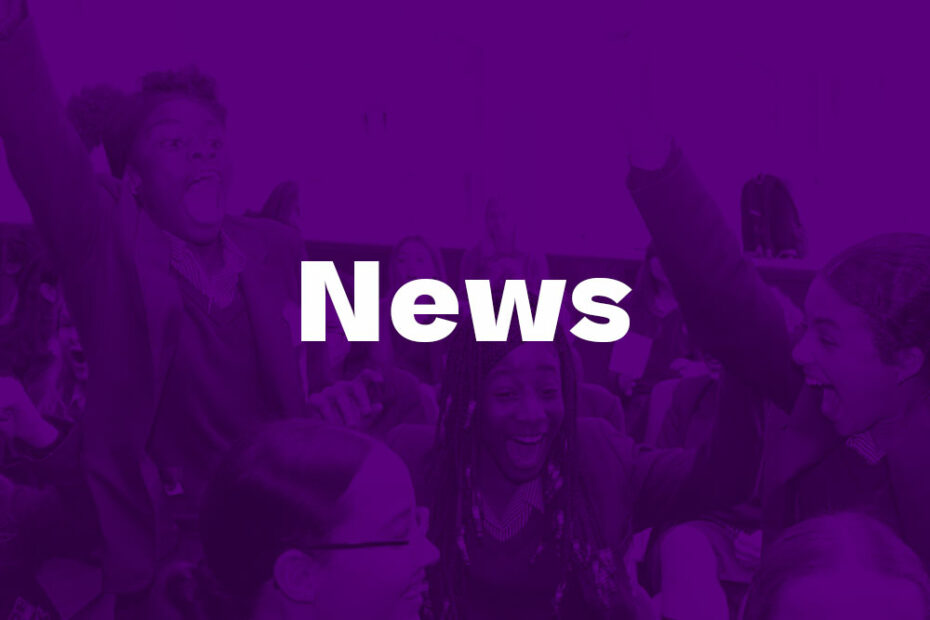The academic year of 2022/23 was a busy and highly impactful at First Give. We worked with over 35,500 young people and issued First Give grants totaling £196,000. Last academic year students reported raising at least £82,080 for their chosen charities, which is up £12,134.85 on 2021/22, where students reported raising £69,945.15! This is a testament to the students’ dedication, particularly considering current issues such as the cost-of-living crisis.


I wanted to summarise some of the key stats to shine a spotlight on what our partner schools’ students chose to support in 2022/23, highlighting what really matters to young people.
Last academic year, the charity that was supported, and won, the most times was The Ben Kinsella Trust. The Ben Kinsella Trust aims to prevent youth crime and gang violence. The Ben Kinsella Trust won at 6 schools and was awarded £6,000 in First Give grants. The schools where the Ben Kinsella Trust won were in the London Boroughs of: Havering (x2), Brent, Harrow, Westminster and Greenwich. We have recorded other similar charities winning in 2022/23 across boroughs such as: Southwark, Lambeth and Kingston upon Thames, Sutton and Surrey. This highlights how important combating gang violence and knife crime is for young people living in London and South East.
In the table below, you can see the top social issues chosen by students. The ‘2022/23 all charities chosen’ column would cover each classes’ chosen charity in every school we work with, whereas the ‘2022/23 winning charities’ column only recognises the winning class charity in each school.
| 2022/23 all charities chosen | 2022/23 winning charities | |||
| Position | Percentage | Position | Percentage | |
| Health | 1st | 15% | 1st | 24% |
| Mental health | 1st | 15% | 4th | 9% |
| Community cohesion | 3rd | 9% | 3rd | 14% |
| Disability | 4th | 8% | 2nd | 16% |
| UK poverty relief | 1st | 15% | 4th | 9% |
| Housing & homelessness | 2nd | 12% | 4th | 9% |
| Human rights | 6th | 4% | 5th | 6% |
| International aid | 5th | 5% | 6th | 5% |
| Education, training & employment | 4th | 8% | 6th | 5% |
| Environment | 9th | 1% | 8th | 1% |
| Old age & elderly | 7th | 2% | 7th | 2% |
| Animals (NB: animal charities can no longer be chosen) | 6th | 4% | 8th | 1% |
| Armed & ex-services | 10th | 0.5% | 9th | 0.5% |
| Sports & recreation | 8th | 1.5% | 9th | 0.5% |
What this table can tell us is the power of passion. Focusing on ‘health’ and ‘disability’ as good examples – these cover such a wide variety of issues, such ‘health’ covering hospice care, cancer care and air ambulance. This scope means that there is a higher likelihood that students will have encountered the social issue of ‘health’. Their stories, personal motivations and passion will drive their engagement as well as their peers, ensuring a motivated class and in turn, a higher chance of winning the grant for their charity.
Another key outcome from our data is unsurprisingly the same as last year: students were 13% more likely to say they enjoyed the First Give programme when they had contact with their charity, and students were 29% more likely to say they enjoyed the programme if they had a choice in the charity. This shows us the absolute importance of charity engagement and student autonomy on the programme. Our Theory of Change draws upon these aspects, as we look for mechanisms of change that show ‘young people feel inspired by local charities’ and ‘students feel a sense of agency and respect’. This academic year we’ve updated the programme so that the charity meeting now happens in a dedicated lesson, which speaks to our recognition of how important this moment is.
We look forward to gathering and analysing the 2023/24 data in the summer of 2024, particularly to see evidence of higher impact since our 2023/24 programme changes. Watch this space!
Georgia, Programmes Team Leader

